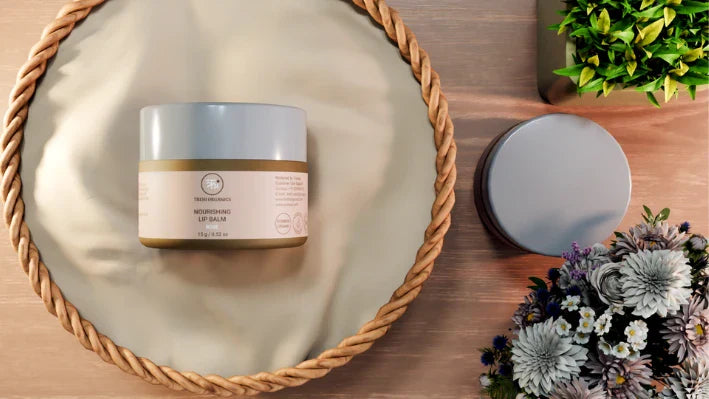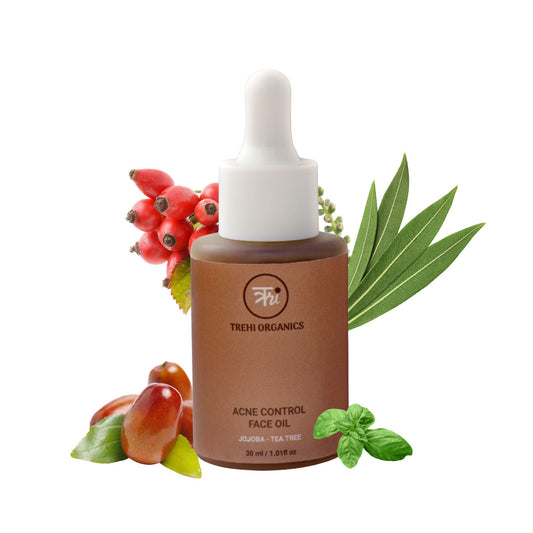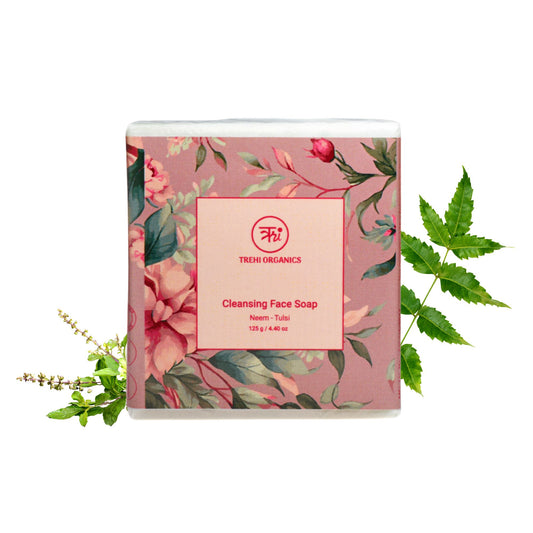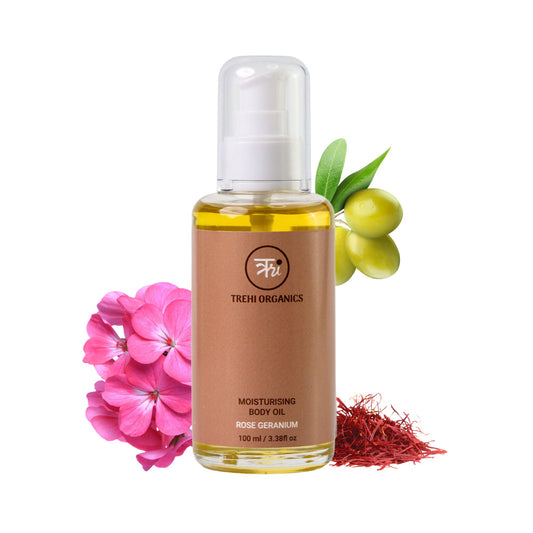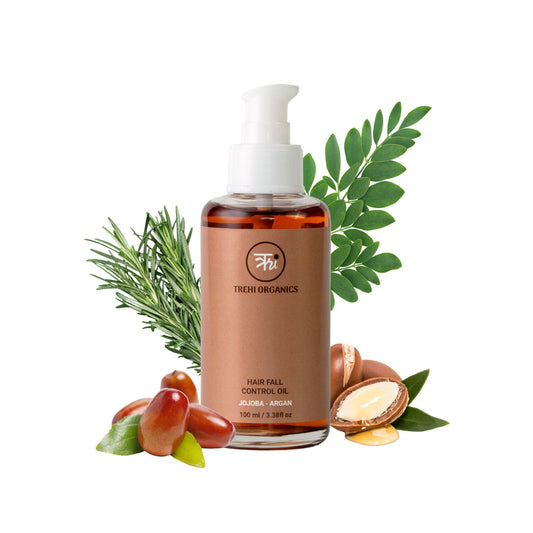Do you use lip balm when your lips feel dry and cracked? Most of us do! But have you ever thought about what’s in that little tube? Some lip balms might not be as good for your lips as you think.
These days, people are talking a lot about organic lip balms. Are they really better, or are regular lip balms just fine? Organic ones are made with natural things like beeswax and coconut oil, while regular ones often have chemicals like petroleum jelly and parabens.
So, which one should you use? Let’s look closer to find out what’s best for your lips and how to keep them healthy!
What Are Organic Lip Balms?
Organic lip balms are like nature’s gift to your lips. They are made with ingredients that are as close to their natural state as possible—think of rich beeswax, creamy shea butter, and soothing coconut oil. These balms are free from the artificial colors, fragrances, and chemicals that often sneak into regular products.
But what does that mean for your lips? It means hydration that feels real, nourishment that lasts, and protection that doesn’t come at a cost to your health. The ingredients in organic lip balms are gentle and work in harmony with your skin. For example:
- Beeswax creates a protective barrier to lock in moisture.
- Shea butter softens your lips while delivering a boost of vitamins.
- Coconut oil soothes and heals, leaving your lips feeling naturally smooth.
- Essential oils not only smell amazing but also provide added benefits like anti-inflammatory properties.
When you choose organic, you’re choosing simplicity and safety—something your lips will thank you for every time you apply it.
What Are Regular Lip Balms?
Regular lip balms are everywhere. They’re affordable, easy to find, and promise to fix your lips in a flash. But here’s the catch: what’s inside those shiny little tubes?
Most regular lip balms are made with synthetic ingredients like petroleum jelly, parabens, and artificial fragrances. Sure, they might feel smooth when you first apply them, but these ingredients often just sit on the surface, creating a temporary fix instead of real hydration. Worse, some of these chemicals can irritate your lips or even cause long-term health concerns when used frequently.
Let’s not forget the appeal of regular lip balms: they’re cheap and come in a variety of colors, scents, and flavors. But behind the fruity fragrance or shimmering finish, there might be petroleum-based products that block your lips from breathing, parabens that disrupt your hormones, or synthetic dyes with hidden toxins.
Regular lip balms may win on convenience and cost, but when it comes to your health, they might not be the bargain you think they are.
Key Differences Between Organic and Regular Lip Balms
When you’re deciding between organic and regular lip balms, understanding their differences can make all the difference. Let’s break it down so you can see how these two types stack up against each other:
Ingredients
- Organic Lip Balms: Made with natural oils like coconut or almond, beeswax, shea butter, and plant-based extracts. These ingredients are rich in vitamins and antioxidants that nourish and heal your lips. They are free from synthetic chemicals, ensuring a safer and more natural way to hydrate.
- Regular Lip Balms: Often include mineral oils (a petroleum byproduct), synthetic fragrances, parabens, and artificial colors. These ingredients may give a temporary smooth feel but don’t actually repair or hydrate your lips. Worse, they can harm your health over time.
Safety and Health
- Organic Lip Balms: Gentle on your lips and skin, they are ideal for sensitive users. Since they’re free of harmful chemicals, there’s no risk of chemical absorption into your body.
- Regular Lip Balms: Synthetic ingredients in regular balms can irritate your skin, cause redness, or trigger allergic reactions. Long-term exposure to chemicals like parabens and artificial dyes can have health consequences, such as hormone disruption or heavy metal accumulation.
Environmental Impact
- Organic Lip Balms: Produced in eco-friendly ways using biodegradable ingredients. Many organic brands are cruelty-free and support sustainable farming practices.
- Regular Lip Balms: Petroleum-based ingredients are not environmentally friendly, contributing to pollution during extraction and production. Non-biodegradable chemicals in these balms can also harm ecosystems.
Effectiveness
- Organic Lip Balms: They provide long-lasting hydration that penetrates deeply into your lips, preventing dryness without creating dependency.
- Regular Lip Balms: Offer temporary relief, but the synthetic ingredients often dry out your lips in the long run, leading to a “cycle of dependency” where you need to keep reapplying to maintain moisture.
The Hidden Dangers in Regular Lip Balms
Regular lip balms might feel like an easy fix for dry or cracked lips, but they often contain ingredients that pose significant risks to your lips and overall health. Here’s a detailed breakdown of the harmful components commonly found in these products, along with their scientifically backed effects:
- Petroleum Jelly: Petroleum jelly is a byproduct of refining crude oil. It’s widely used in regular lip balms for its ability to create a barrier on the skin. If not properly refined, petroleum jelly can contain polycyclic aromatic hydrocarbons (PAHs), which have been linked to cancer and reproductive toxicity in some studies.
- Artificial Colors: These colors, labeled as FD&C or D&C, are often derived from coal tar or petroleum. While they may look harmless, many of them contain heavy metals like lead, cadmium, and chromium. Regular use of lip balms with artificial colors means you risk ingesting these metals, especially through licking or eating.
- Lead: A known neurotoxin that affects brain function, particularly in children.
- Cadmium: Long-term exposure can lead to kidney damage and weakened bones.
- Chromium: Excessive intake can cause irritation and toxicity. In fact, studies have shown that a significant percentage of lip balms tested contained unsafe levels of lead—a substance that has no safe threshold for human consumption.
- Parabens: Parabens are synthetic preservatives that extend the shelf life of products. Studies have detected parabens in human breast tissue and suggested a potential link to hormonal cancers. They are also suspected of contributing to fertility issues.
- Artificial Fragrances: Artificial fragrances are synthetic compounds added to create appealing scents in lip balms. Often labeled vaguely as “fragrance” or “parfum,” they can contain dozens of undisclosed chemicals. Many artificial fragrances contain phthalates, which are endocrine disruptors. Phthalates have been linked to developmental and reproductive toxicity, as well as allergic reactions, irritation, and redness around the lips.
- Synthetic Dyes: Synthetic dyes are used to give lip balms vibrant colors. Commonly derived from coal tar or petroleum, they are labeled as FD&C or D&C colors. Many of these dyes contain heavy metals such as lead, chromium, and cadmium. A study published in Environmental Health Perspectives found that 75% of lip balms tested contained lead above safe levels for daily intake.
- Toxic Metals: Metals like manganese, lead, and cadmium are often present in lip balms due to contamination during manufacturing or as components of artificial colors. While small amounts might not seem alarming, daily use of lip balms can result in ingestion of these metals through licking or eating. Manganese can cause neurological damage when consumed in high quantities. Lead is a known neurotoxin that impairs cognitive function, particularly in children. Cadmium exposure has been linked to kidney damage and bone disorders.
- Phenoxyethanol: Phenoxyethanol is a synthetic preservative used to prevent bacterial growth in cosmetics. Although it’s considered safe in small amounts, higher concentrations or prolonged use can irritate the skin and affect the nervous system. The European Commission on Cosmetic Products has flagged phenoxyethanol as potentially harmful to infants when absorbed through the skin.
- Paraffin Wax: Paraffin wax is a petroleum-derived ingredient that gives lip balms their smooth texture. It provides no real nourishment, forming a superficial layer that can clog pores and exacerbate dryness over time. Prolonged exposure to paraffin wax has been associated with irritation and sensitivity, especially in individuals with dry or sensitive skin.
- Chemical Sunscreens: Many lip balms include chemical UV filters like oxybenzone to offer sun protection. Oxybenzone and similar compounds can penetrate the skin and enter the bloodstream. Studies have linked these chemicals to hormone disruption and possible reproductive toxicity. The Environmental Working Group (EWG) has highlighted concerns about oxybenzone’s effects on both humans and marine ecosystems.
Why Choose Organic Lip Balms?
Choosing organic lip balms isn’t just about following a trend—it’s about making a healthier, safer, and more sustainable choice for your lips and the planet. Here’s why they’re worth it:
- Nourishes Lips with Natural Ingredients: Organic lip balms are packed with ingredients like shea butter, coconut oil, and beeswax, which work together to deeply moisturize and repair your lips. Unlike synthetic balms, these natural components provide hydration that feels real and lasts longer.
- Safe for Everyday Use: Free from parabens, artificial colors, and harmful chemicals, organic lip balms are gentle on even the most sensitive lips. You can apply them throughout the day without worrying about chemical buildup or side effects.
- Sustainable and Eco-Friendly: Organic products are often made using ethical sourcing practices and biodegradable ingredients, ensuring they’re kind to the environment. Many organic brands also use recyclable packaging, making them a great choice for eco-conscious consumers.
- Repairs and Protects: With natural antioxidants and essential oils, organic lip balms not only hydrate but also promote long-term lip health. They repair damaged skin, prevent cracking, and protect against environmental damage without creating a dependency cycle.
By choosing organic, you’re giving your lips the care they deserve while also supporting products that are better for your health and the planet.
Trehi Organics: A Natural Lip Care Solution
Trehi Organics Nourishing Lip Balm is crafted with natural ingredients like shea butter, coconut oil, rose petals, and essential oils to deeply hydrate, repair, and protect your lips. Free from harmful chemicals like parabens and artificial fragrances, it provides long-lasting hydration and promotes soft, healthy lips. With its premium, eco-friendly formulation, Trehi Organics offers a safe and luxurious solution for your lip care needs.
What Sets Trehi Organics Apart?
At Trehi Organics, we keep things natural and straightforward. Our lip balms are made with ingredients like mango butter, coconut oil, and watermelon seed oil—simple things that actually work to heal and soften chapped lips.
You won’t find any harsh chemicals, artificial fragrances, or unnecessary fillers here. Just pure, gentle care that keeps your lips hydrated for longer without feeling heavy or greasy.
We also try to do our bit for the planet. Our products come in eco-friendly packaging and are cruelty-free, so you can use them knowing they’re good for you and the environment.
Trehi Organics is about using what’s real and natural to give your lips the care they need—nothing more, nothing less.
Conclusion
Your lips deserve the best, and the choice between organic and regular lip balms makes all the difference. While regular lip balms might offer short-term relief, their hidden chemicals can harm your lips and health over time. Organic lip balms, on the other hand, nourish, repair, and protect your lips with natural ingredients.
By switching to organic, you’re not just choosing better skincare—you’re making a conscious decision to prioritize health, sustainability, and long-term care. And if you’re looking for a trusted option, Trehi Organics Nourishing Lip Balm is the perfect choice.
